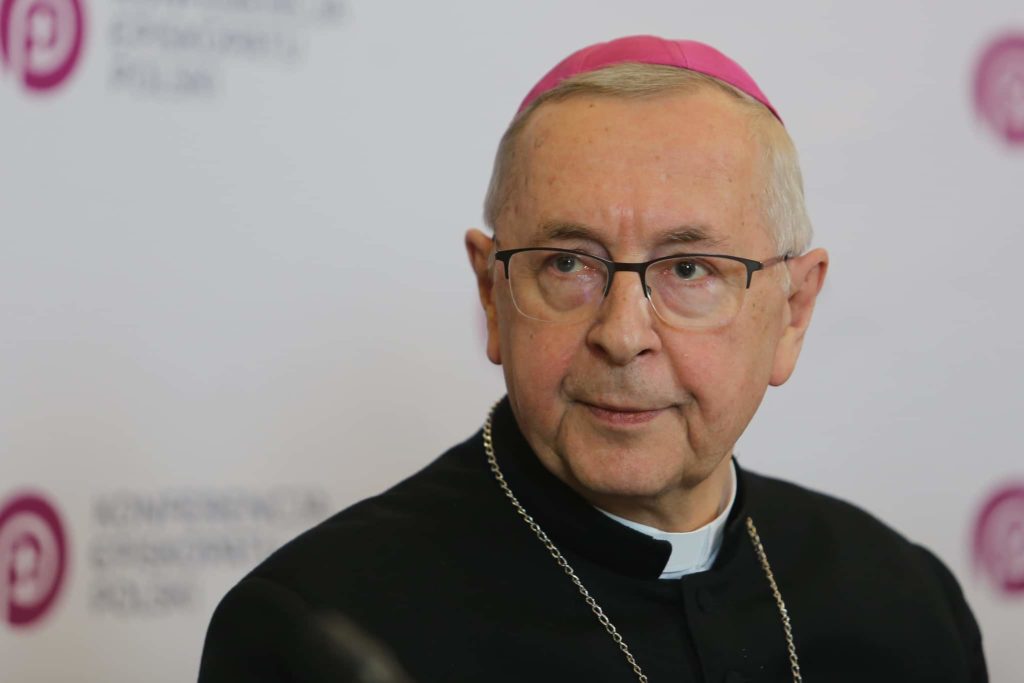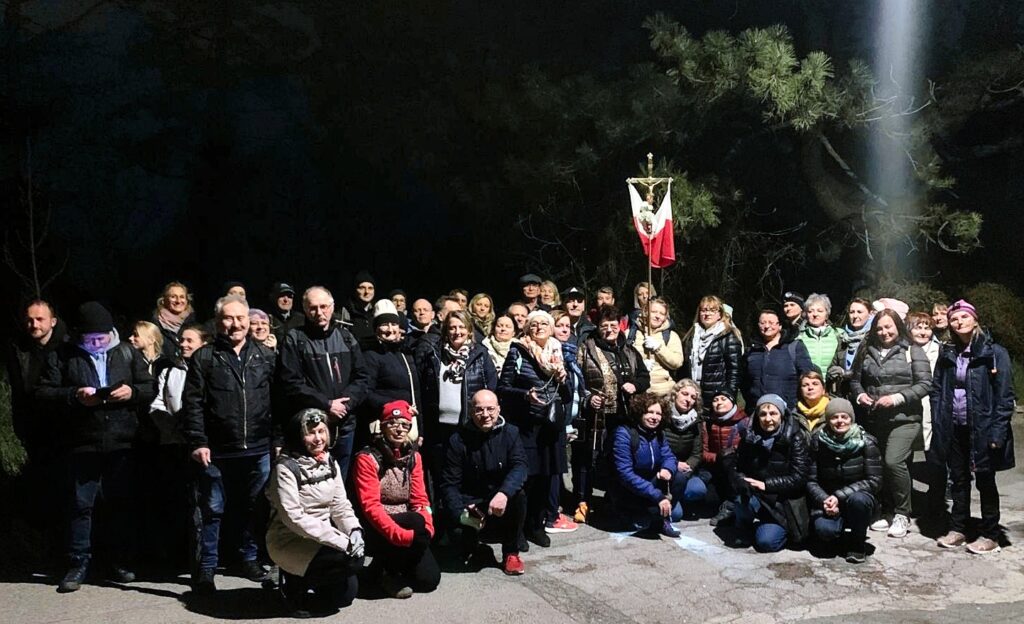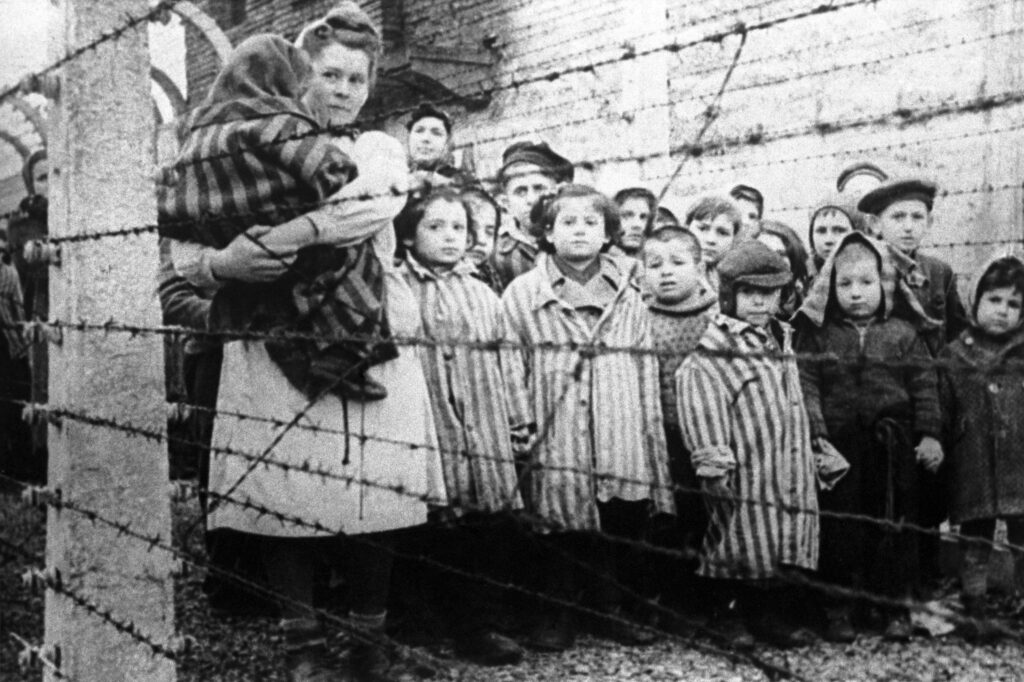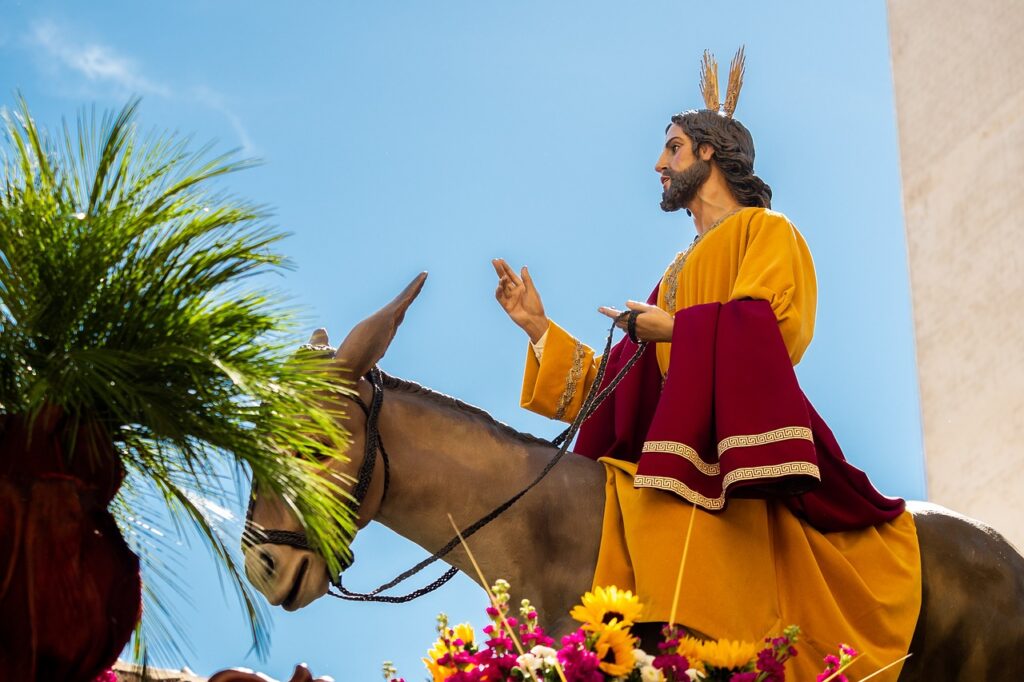Lebanon Facing Worst Crisis in 150 Years
Reflection by Archbishop Stanisław Gądecki

Lebanon is facing the worst economic and migration crisis in 150 years, many people cannot afford food, medical treatment, or education. The price of food has increased by 400 percent and the value of wages received has decreased 14 fold. Unemployment is over 50 percent. The country is struggling with the notorious shortages of electricity, medicines, and fuel, emphasized Archbishop Stanisław Gądecki in the introduction to the Holy Mass on the occasion of the 13th Day of Solidarity with the Persecuted Church. The Eucharist was concelebrated by the Archbishop of Poznań and the homily was delivered by Archbishop Georges Bacouni, Archbishop of the Melkite Greek Catholic Archeparchy of Beirut and Byblos.
On November 14, the Day of Solidarity with the Persecuted Church was celebrated in Poland for the thirteenth time. It was established by the decision of the Polish Bishops’ Conference in 2008. It falls on every second Sunday in November, and its organizer is the Pontifical Association of Aid to the Church in Need. The country that PKWP wants to pay special attention to during this year’s celebrations is Lebanon.
Below is the full content of the introduction to the Holy Mass:
Introduction to the Holy Mass for the 13th Day of Solidarity with the Persecuted Church (Poznań Cathedral – November 14, 2021)
On the second Sunday of November – apart from the Day of the Poor – the Church also celebrates the 13th Day of Solidarity with the Persecuted Church. Pope Francis pointed out to us in Assisi two days ago the striking coincidence between the Day of the Poor and the Day of Solidarity with the Persecuted Church. There, the Pope emphasized the evangelical importance of receiving and acceptance: “A true sense of fraternity leads to a sincere experience of hospitality and community, the Pope said, adding its absence leads to egoism and breeds fear, contempt and rejection of the other, or worse still indifference, which looks the other way.
This year, the Solidarity Day will be celebrated under the slogan “Solidarity with Lebanon”. Lebanon is facing an economic and migration crisis at this time; many people cannot afford food, medical treatment, or education. 77 percent of Lebanese families do not have enough money to feed themselves, and 60% either borrow or buy on credit. The price of food increased by 400 percent(UNICEF data). The value of the salary received has decreased 14 times and the unemployment rate is over 50 percent. The country is struggling with a chronic shortage of electricity, medicine, and fuel. It is the worst economic crisis in 150 years.
Lebanon has a population of around 7 million, which was combined with the migration crisis that started in 2011; around 1.5 million refugees from Syria, mostly Muslims, have turned up in this country.
To make us aware of the scale of this humanitarian catastrophe – at the invitation of the Polish section “Aid to the Church in Need” – Archbishop Georges Bacouni, the Catholic Archbishop of the Melkite Greek Catholic Archeparchy of Beirut and Byblos in Lebanon, came to Poznań today to call us to help Lebanon through our prayers, sacrifices and providing information on the situation in that country.
+ Stanisław Gądecki
Archbishop of Poznań
Related

The Vatican Suppresses the Sodalitium of Christian Life After a Long Discernment Process
Exaudi Staff
15 April, 2025
1 min

From Kahlenberg to the Papal Cross – Polish Night Way of the Cross in Vienna
Heschel Centre for Catholic-Jewish Relations at the Catholic University of Lublin
15 April, 2025
2 min

“I Will Never Be Herod for the Innocents”
Wlodzimierz Redzioch
14 April, 2025
6 min

Reflection by Bishop Enrique Díaz: On a Donkey
Enrique Díaz
13 April, 2025
5 min
 (EN)
(EN)
 (ES)
(ES)
 (IT)
(IT)

